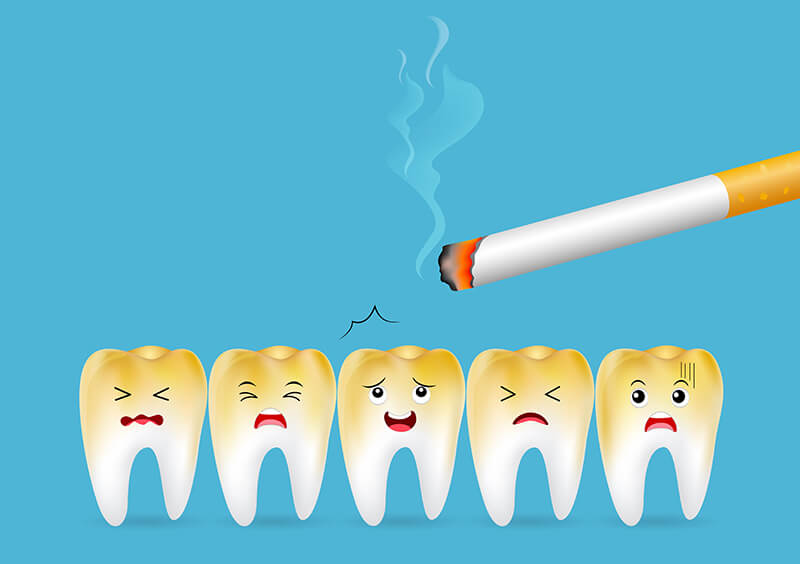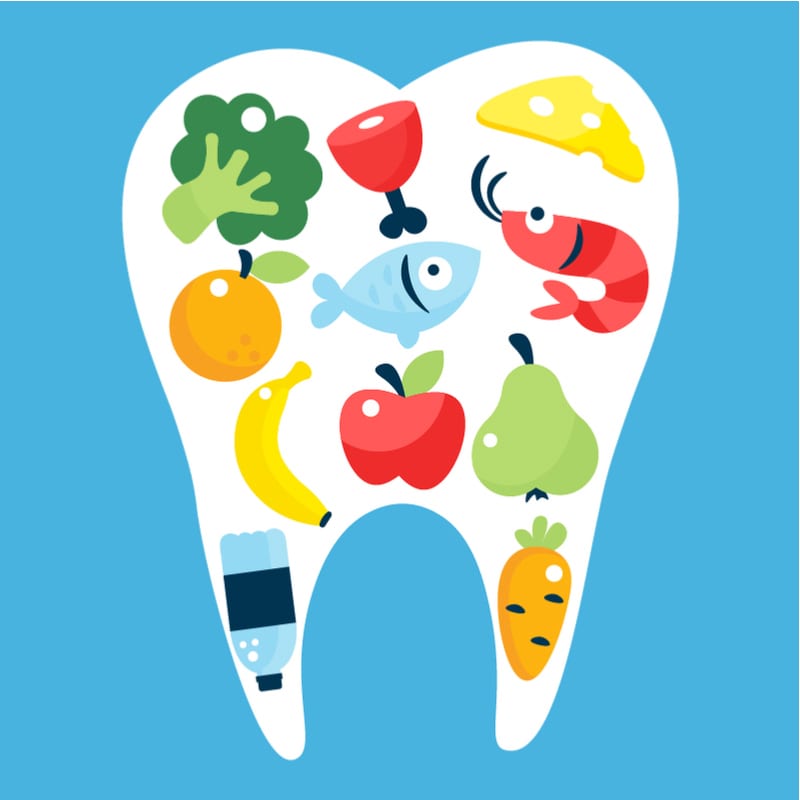Stress is a common experience that many people go through in their daily lives. It can be caused by a variety of factors such as work, family, finances, or personal health. Although stress is a natural response to these situations, it can have a negative impact on our overall health, including our dental health. In this article, we will explore the connection between stress and dental health.
The Effects of Stress on Dental Health
Stress can have a significant impact on our oral health. One of the most common effects of stress on dental health is teeth grinding, also known as bruxism. Bruxism is the involuntary clenching or grinding of teeth, which can lead to tooth damage, jaw pain, and headaches. This condition is often caused by stress, anxiety, or sleep disorders.
Another effect of stress on dental health is gum disease. Stress can weaken the immune system, making it more difficult for the body to fight off infections such as gum disease. Gum disease is a bacterial infection that affects the gums and bone that support the teeth. It can lead to tooth loss if left untreated.
Stress can also lead to dry mouth, a condition in which the mouth does not produce enough saliva. Saliva is important for oral health as it helps to neutralize acids in the mouth and wash away food particles that can cause tooth decay. When there is not enough saliva, the risk of tooth decay and gum disease increases.
Finally, stress can lead to poor oral hygiene habits. When we are stressed, we may neglect our oral hygiene routine, such as brushing and flossing regularly, which can lead to tooth decay, gum disease, and other oral health problems.
How to Manage Stress for Better Dental Health
There are several ways to manage stress to improve our dental health. Here are some tips:
1. Practice relaxation techniques
Relaxation techniques such as deep breathing, meditation, and yoga can help to reduce stress and promote relaxation. These techniques can help to reduce teeth grinding and improve oral health.
2. Exercise regularly
Regular exercise can help to reduce stress and improve overall health, including dental health. Exercise can also increase saliva production, which can help to prevent dry mouth.
3. Eat a balanced diet
A balanced diet that is rich in nutrients such as calcium, vitamin D, and vitamin C can help to promote healthy teeth and gums. Avoid sugary and acidic foods and drinks that can cause tooth decay.
4. Get enough sleep
Getting enough sleep is important for overall health, including dental health. Poor sleep can lead to bruxism, dry mouth, and other oral health problems.
5. Practice good oral hygiene
Practicing good oral hygiene habits such as brushing and flossing regularly, and visiting the dentist for regular checkups and cleanings can help to prevent tooth decay, gum disease, and other oral health problems.
Conclusion
Stress can have a significant impact on our dental health, causing teeth grinding, gum disease, dry mouth, and poor oral hygiene habits. It’s important to manage stress to prevent these problems and maintain good oral health. Practicing relaxation techniques, exercising regularly, eating a balanced diet, getting enough sleep, and practicing good oral hygiene can all help to reduce stress and promote better dental health. Remember to visit your dentist regularly for checkups and cleanings to maintain good oral health.











